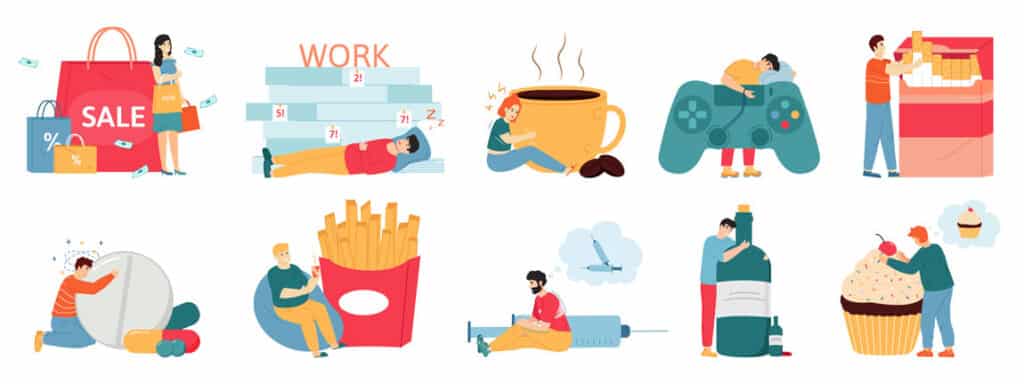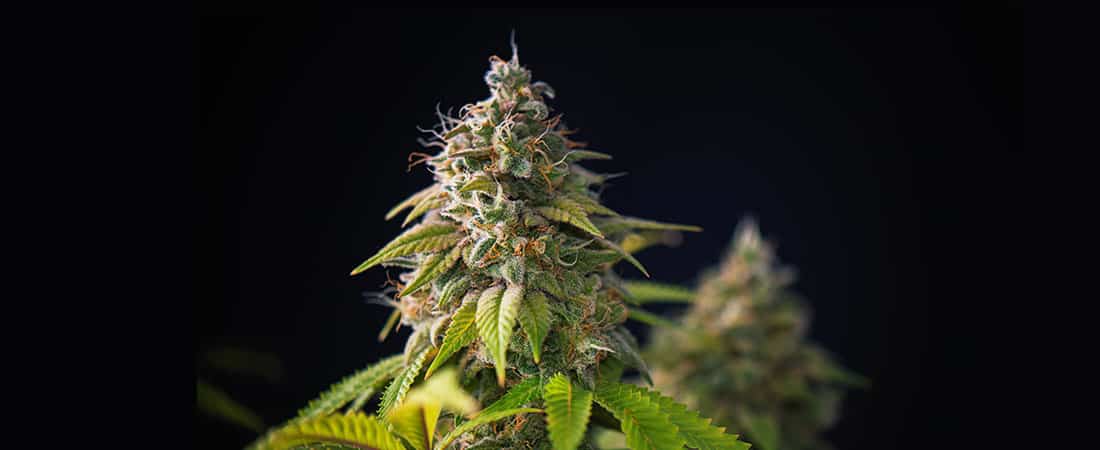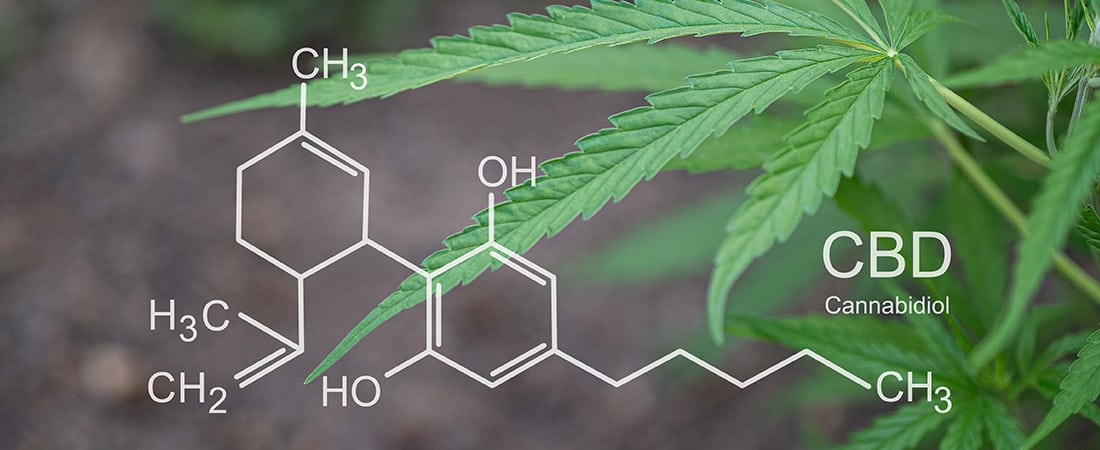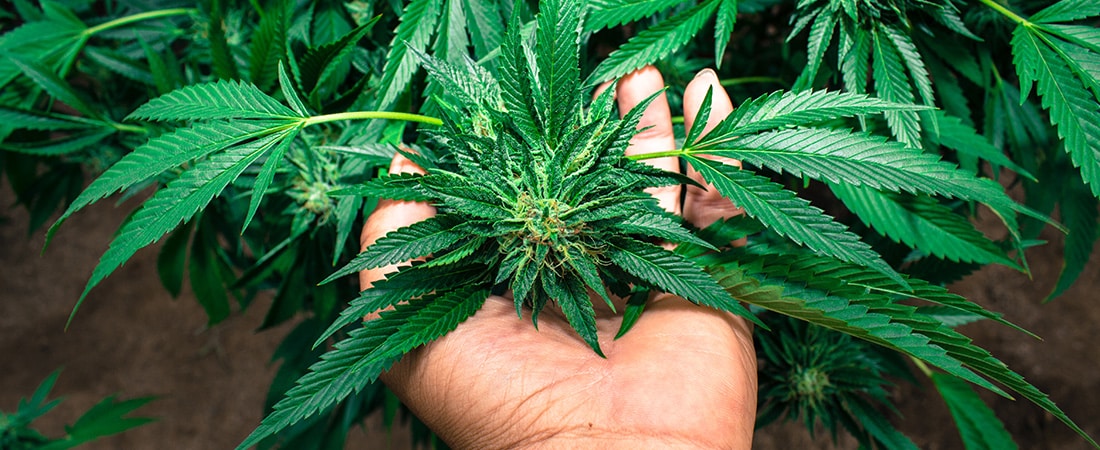Over the last few years, CBD products have become increasingly popular. As such, questions about its addictive potential have also become more frequent. Almost all preliminary scientific studies, however, conclude that CBD does not make one addicted. In fact, CBD might even offer help for those struggling with other addictive substances. You can buy CBD oil and flowers on our online Shop.
CBD safety and effectiveness
Cannabidiol (CBD) is one of over 400 compounds in the cannabis sativa plant – just like the intoxicating Tetrahydrocannabinol (THC). Although THC itself also is not very addictive, it does not come as a surprise that many people wonder about the addictive qualities of CBD due to the social stigma surrounding cannabis. In 2018, the World Health Organization (WHO) published an extensive report on the safety and efficacy of CBD. This WHO-report concluded that CBD has a high safety profile and is well-tolerated in humans, even in doses reaching up to 1,500 mg per day. Further well-controlled human experimental research indicates that CBD flower is not associated with abuse potential. Moreover, a 2016 study demonstrated that – in comparison to active THC – CBD does not affect heart rate, blood pressure and cognitive function. Thus, we should ask ourselves: why does CBD not possess any addictive potential and how does it relate to addiction more broadly?
How does an addiction develop?
Addiction is a complex psychological and physiological response to certain stimuli, which creates changes in brain function and structure. Scientists have delineated three parameters that can influence addictive processes: pleasure triggers, learned behaviors and the prolonged use of certain substances. Pleasure triggers relate to a state of euphoria that is created by an influx of dopamine, commonly associated with substances like caffeine, nicotine or amphetamine. CBD-products do not have intoxicating qualities and thus do not constitute pleasure triggers, because they do not interact with the brain’s dopamine system. Rather, CBD interacts with the body’s endocannabinoid system, which helps the proper functioning of other organs and maintains homeostasis – a state of chemical equilibrium – throughout the body. As such, CBD connects with molecules and helps the brain use its serotonin more efficiently. However, CBD does not interact with the brain’s dopamine system, thus avoiding addictive potential. This is also because the dopamine interacts with glutamate – another important neurotransmitter – establishing associations between feelings of pleasure and activities that lead to them. With CBD, the brain does not “learn” such addictive behaviors. What is more, CBD consumers do not build up tolerance for the substance because it does not release dopamine. Lastly, it is impossible to overdose from CBD (as is the case with THC) because there are no cannabinoid receptors in the area of the brain that controls respiratory function.

CBD for addiction control?
In fact, CBD might even be beneficial for those seeking to quit other addictive substances like nicotine, THC or even heroin. Research shows that CBD can be an effective remedy for treating marijuana dependence, because it can ease the withdrawal symptoms of those seeking to quit THC. A similar phenomenon can be observed with regards to nicotine addiction. CBD products were able to reduce the number of cigarettes smoked by addicted individuals by 40%. CBD can even significantly reduce withdrawal symptoms, anxiety level and cravings in individuals seeking to quit stronger substances like heroin. Preliminary evidence also suggests that CBD might lower the likelihood of developing cocaine and methamphetamine use disorders and may also help prevent a relapse after periods of detoxification and sobriety. Thus, in addition to the positive effects of CBD (reduced epileptic seizures, anxiety reduction, chronic pain relief, inflammation reduction, immune system regulation and nausea suppression), users can also rest assured that it is not addictive. In fact, CBD can assist both with physiological addictions as well as help people in forming the right habits around different activities and substances by reducing the reliance on rewarding stimuli.
Source:
https://cfah.org/is-cbd-addictive/
https://www.medicalnewstoday.com/articles/is-cbd-addictive
https://www.321cbd.com/de/blog/7-ist-cbd-suchtig-machend
https://www.mdr.de/wissen/cbd-cannabidiol-gegen-thc-cannabis-sucht-100.html


